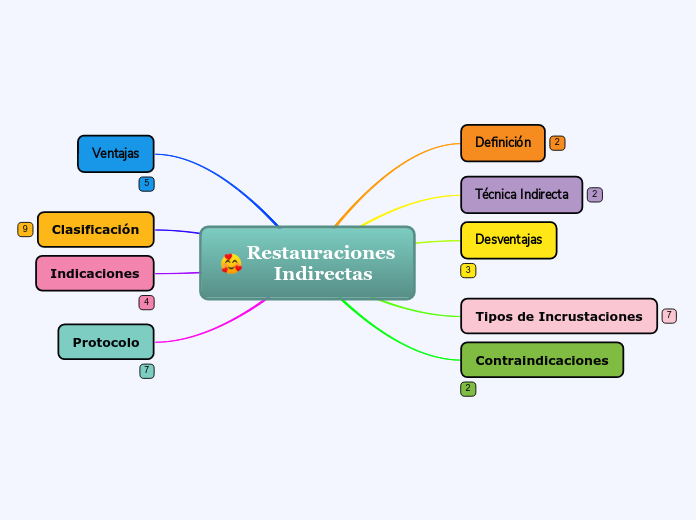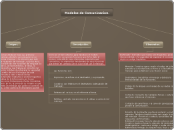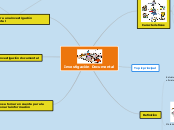Restauraciones
Indirectas
A noun is a word that functions as the name of some specific thing or set of things, such as living creatures, objects, places, actions, qualities, states of existence, or ideas.
Protocolo
Compound nouns are words where two nouns have been stuck together to make a new noun. Compound nouns should be written as one word, without a hyphen.
Toma de impresión
Registro de mordida arco-facial
Envio a laboratorio
Comprobación de modelo de trabajo
Cementado
Oclusión
Preparación de la cavidad
Indicaciones
Generic nouns are nouns that are part of a generic statement. Generic nouns can be singular or plural. The opposite of generic nouns is collective nouns.
The difference between definite/indefinite and generic nouns is that in the sentence there must be a blanket statement or question.
Dientes posteriores con fracturas dentales.
Dientes posteriores en los que se requiere re-establecer puntos de contacto.
Dientes posteriores extruidos con necesidad de nivelación del plano oclusor.
Dientes posteriores con presencia de caries extensas.
Clasificación
Proper nouns are the names of specific people or places. They should always begin with a capital letter.
Cerámicas
-Disilicato de litio
-Céramica Feidespática
Resinas
Polimeros
Métalicas
-Oro
-Nr-Cr
-Zirconia
Ventajas
A concrete noun is a noun that can be identified through one of the five senses (taste, touch, sight, hearing, smell).
-Mejor acabado y pulido.
-Mejor anatomía.
-Mayor resistencia al desgaste.
-Mejores propiedades físicas.
-Mejor estética.
Contraindicaciones
Common nouns are words for people, places or things that aren’t specific (as opposed to a proper noun which refers to only one person, place or thing).
Common nouns can be countable or uncountable, singular or plural.
Hipo calcificación del esmalte
Cambio de color dental
Tipos de Incrustaciones
A noun which refers to a group of things/people.
Overlay
Es una restauración de protección cuspídea completa, ya que abarca todas las cúspides del diente.
Onlay
Restauración que abarca una o más cúspides, pero no un recubrimiento cuspídeo completo.
Inlay
Restauración que no abarca cúspides , están dentro del espacio intercuspideo.
Desventajas
A noun which cannot be identified by using one of the five senses (taste, touch, sight, hearing, smell).
Mayor costo económico del proceso de fabricación
Intervención del laboratorio dental.
Tratamiento en mas de una sesión clínica
Técnica Indirecta
Possessive nouns are nouns which possess something, normally another noun.
Permite una máxima preservación de la estructura dental sana remanente.
Es una restauración que se cementa al diente, reconstruyendo la estructura dental perdida.
Definición
Irregular nouns are nouns which don’t follow a spelling pattern when pluralized.
Add examples
Es un bloque macizo de material que repone parte de una corona dentaria y que se fija a una cavidad preparada con anterioridad.









